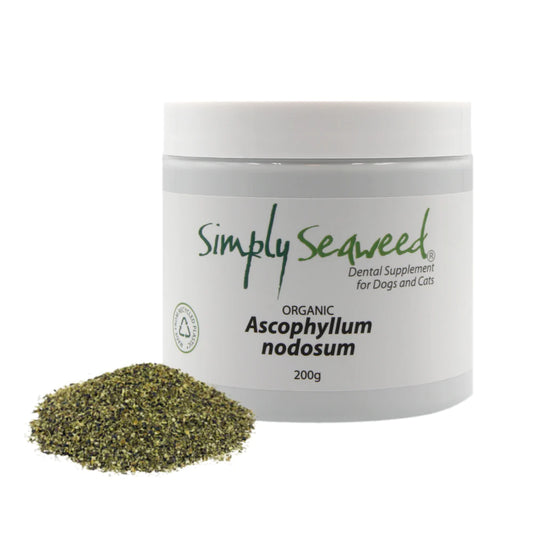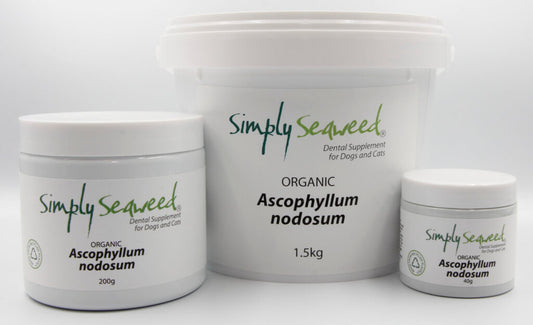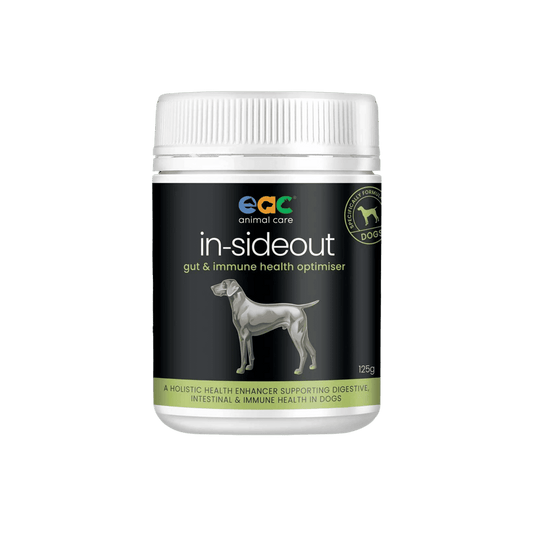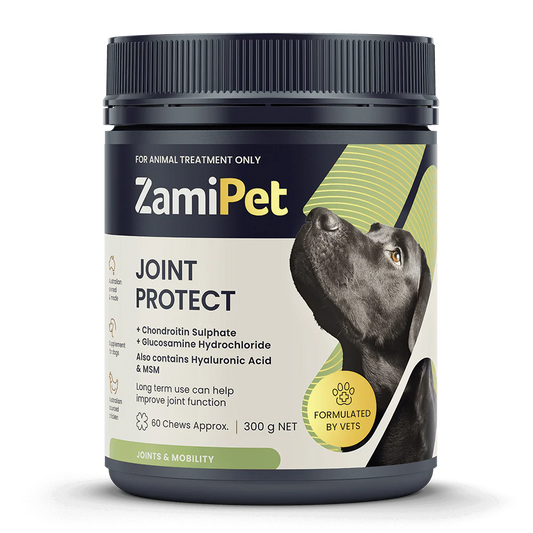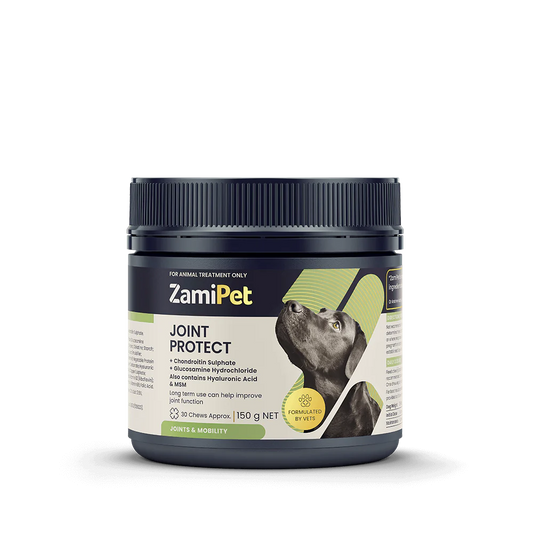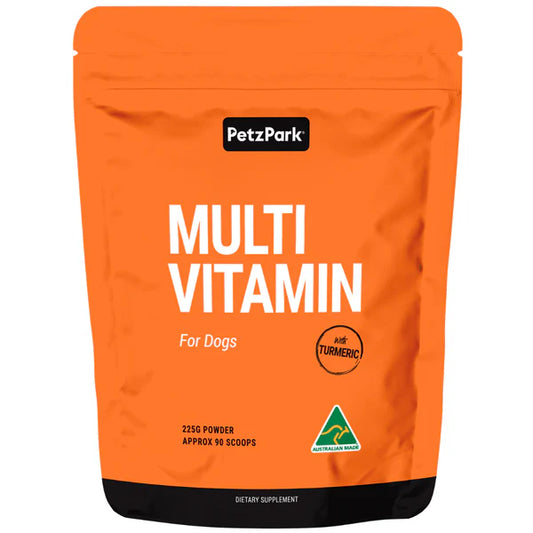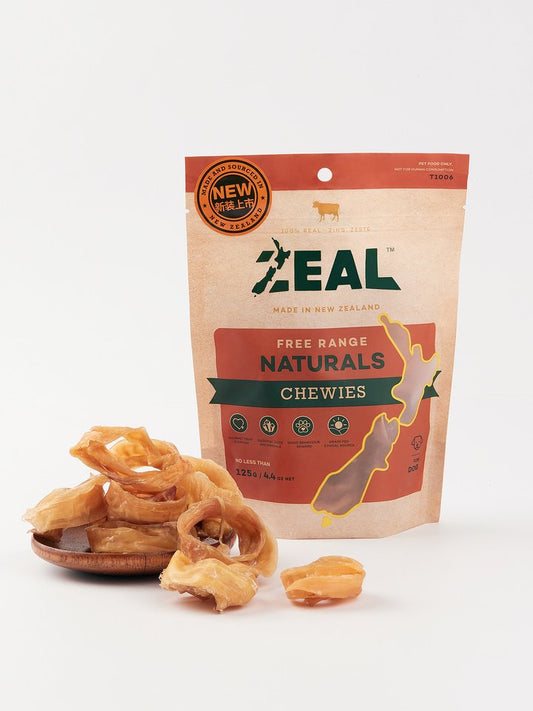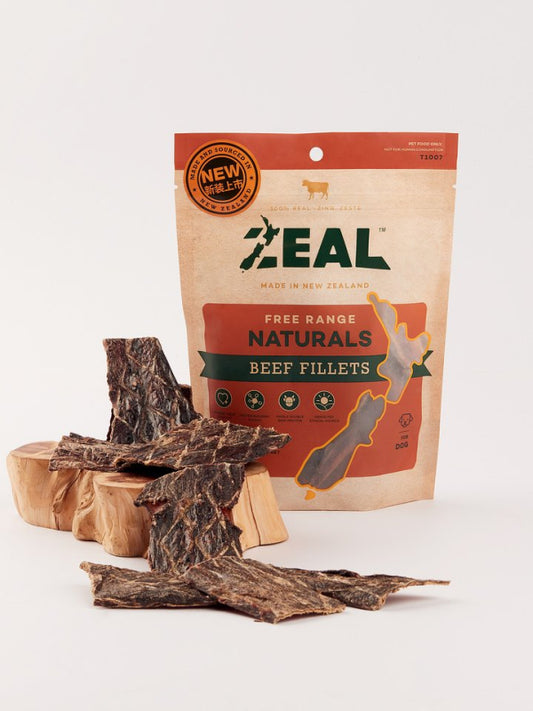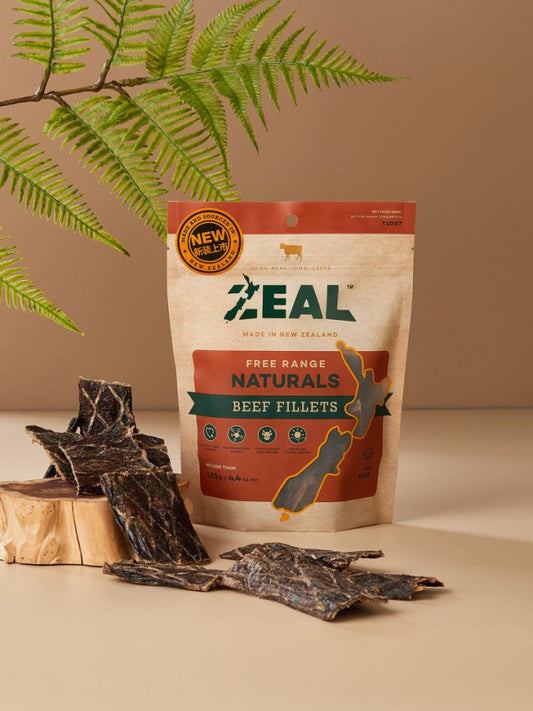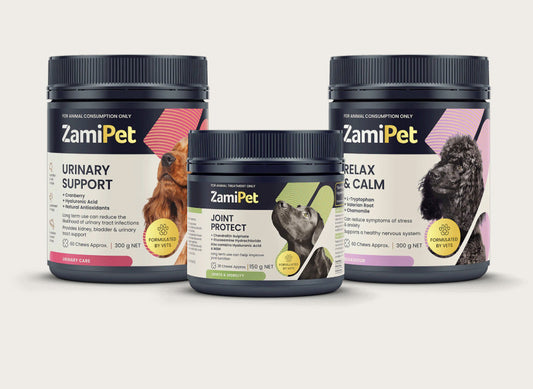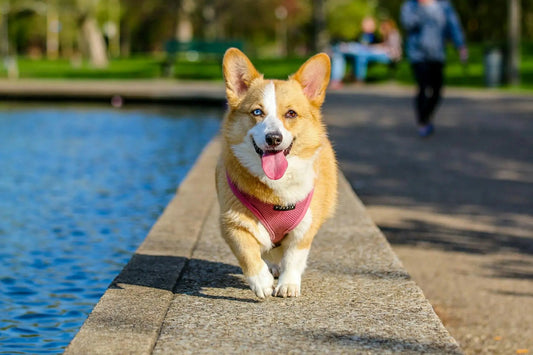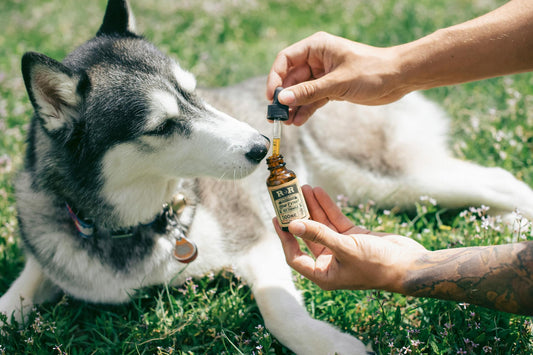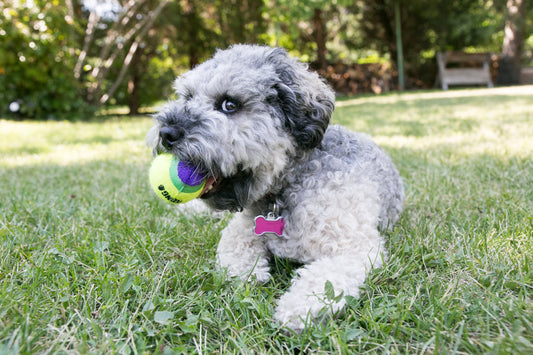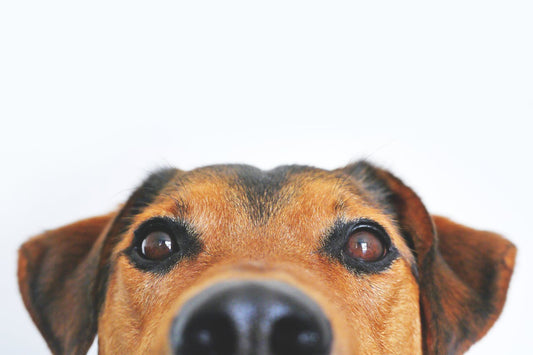
The Healing Power of Pet Pen Pals for Children with Cancer
For children undergoing cancer treatment, the journey can be emotionally overwhelming. Fear, anxiety, and isolation often accompany the medical challenges they face. While therapy and family support are integral parts of their recovery, an unconventional yet increasingly recognized source of comfort is the companionship of animals. However, due to their weakened immune systems, direct contact with pets is often not feasible. In response to this, innovative programs have emerged that provide a unique form of animal-assisted therapy: pet pen pals.
One such program, featured in a recent article on New Scientist, introduces the concept of pet pen pals, where children with cancer are paired with a dog or cat as a long-distance companion. These pen pal relationships are facilitated through letters, photos, and even videos, enabling children to bond with an animal without the risks of physical interaction. The pets, often therapy animals or animals who have faced medical challenges themselves, provide an opportunity for children to feel connected and supported in a way that’s safe for their health.

How Pet Pen Pals Work
The idea behind pet pen pals is simple but effective. Children write letters to their assigned animal, sharing stories about their day, their feelings, and even their medical treatments. In return, the pet's "responses" — usually crafted by volunteers — share details about the pet's own experiences, routines, and adventures. These exchanges create a safe, emotional outlet for the children, offering a much-needed distraction from their illness while fostering a bond of empathy and understanding with their furry pen pals.
Programs like Youth and Pet Survivors (YAPS), based in the U.S., have been pioneering this form of interaction. YAPS pairs young cancer patients with animals who have experienced serious health issues themselves, creating a unique connection based on shared struggles. This connection provides emotional comfort, reduces feelings of loneliness, and helps the child focus on something outside their illness. It also gives them a way to express their emotions through writing, which can be cathartic in a therapeutic setting.
Emotional and Psychological Benefits
Numerous studies have highlighted the benefits of animal-assisted interventions in pediatric cancer care. According to research, children who engage with animals in any form tend to exhibit lower stress levels, improved mood, and a greater sense of well-being. The presence of an animal companion, even if virtual or indirect, can help reduce anxiety and depression, which are common among children with chronic illnesses like cancer.
Pet pen pals take this a step further by allowing children to process their emotions in a structured but creative way. Writing letters helps children articulate their fears, hopes, and experiences, providing a psychological outlet. The reciprocal nature of the letters, where the pet “responds” to the child, also fosters a sense of empathy and companionship. This ongoing interaction can create a stable, comforting routine in an otherwise unpredictable and frightening time.
How You Can Get Involved
If you're interested in getting involved in a pet pen pal program for a child with cancer, there are several ways to do so. Programs like YAPS, as well as other animal-assisted therapy organizations, often look for volunteers to help facilitate the letter-writing process, either by managing the correspondence or by providing pets that can serve as pen pals. You can also reach out to local children’s hospitals or cancer support centers to see if they offer similar programs or would be interested in starting one.
The power of the human-animal bond is undeniable, and pet pen pals provide a safe, effective way for children with cancer to experience that connection. By offering companionship and emotional support through letters, these programs help ease the psychological burden of illness, offering hope and comfort to children when they need it most.
Photo by Samson Katt: https://www.pexels.com/photo/faceless-young-female-freelancer-taking-notes-while-sitting-on-couch-with-dog-5255153/Photo by Samson Katt: https://www.pexels.com/photo/faceless-young-female-freelancer-taking-notes-while-sitting-on-couch-with-dog-5255153/Photo by Samson Katt: https://www.pexels.com/photo/faceless-young-female-freelancer-taking-notes-while-sitting-on-couch-with-dog-5255153/Photo by Samson Katt: https://www.pexels.com/photo/faceless-young-female-freelancer-taking-notes-while-sitting-on-couch-with-dog-5255153/Sources:
Children's Colorado
Europe PMC
CURE Today
Photo by Samson Katt
Photo by Samson Katt: https://www.pexels.com/photo/faceless-young-female-freelancer-taking-notes-while-sitting-on-couch-with-dog-5255153/hoto by Samson Katt: https://www.pexels.com/photo/faceless-young-female-freelancer-taking-notes-while-sitting-on-couch-with-dog-5255153/

